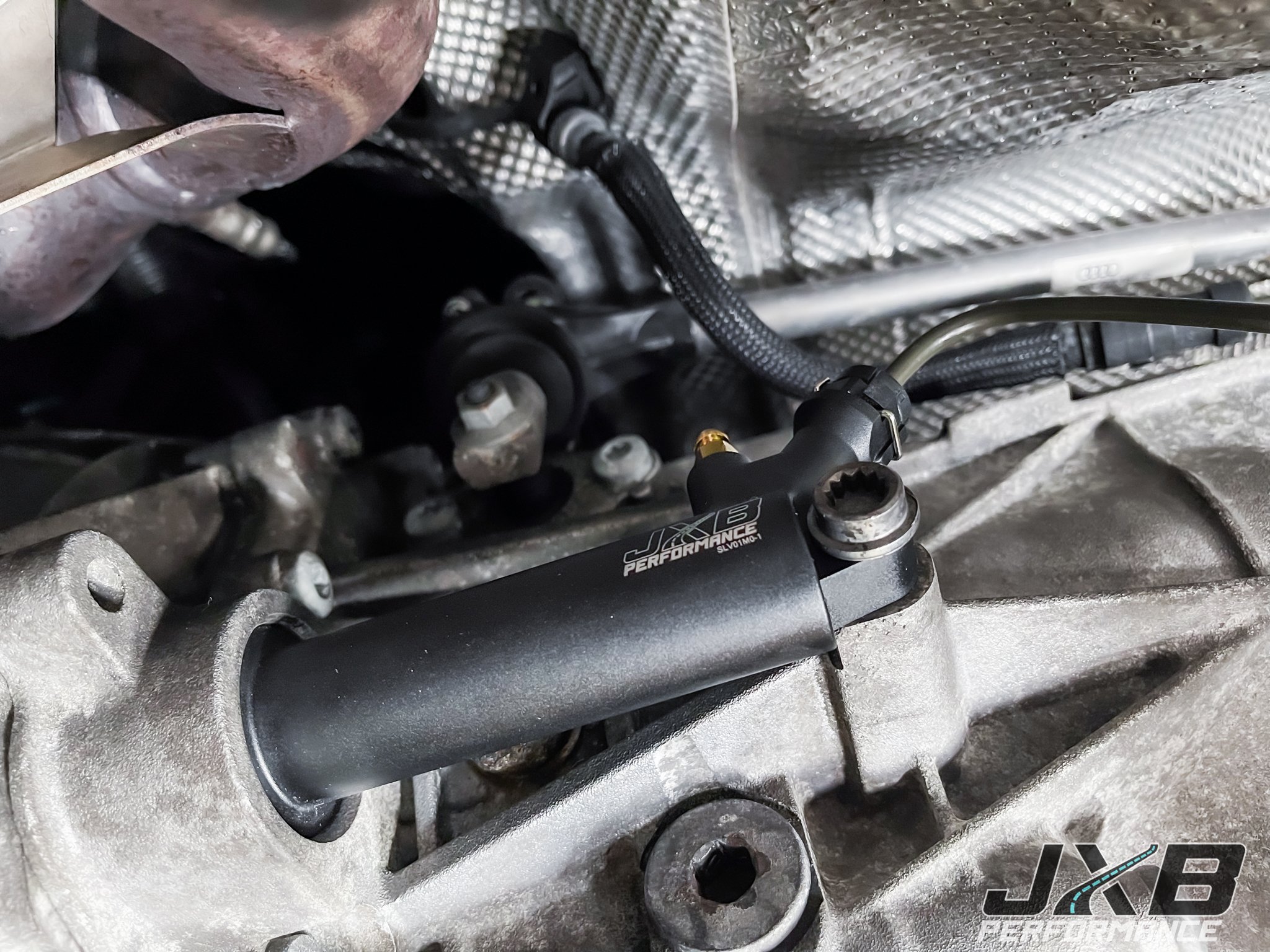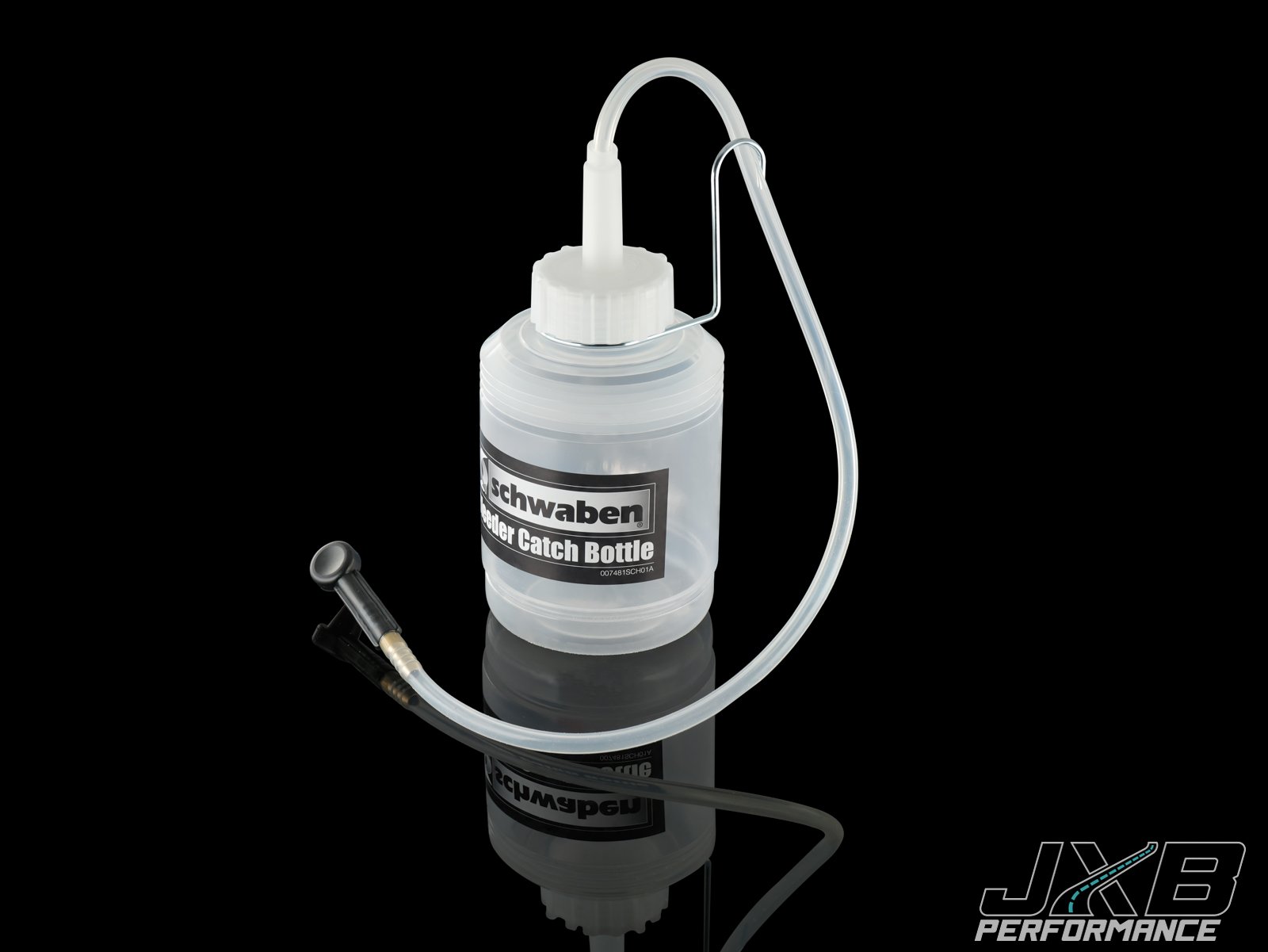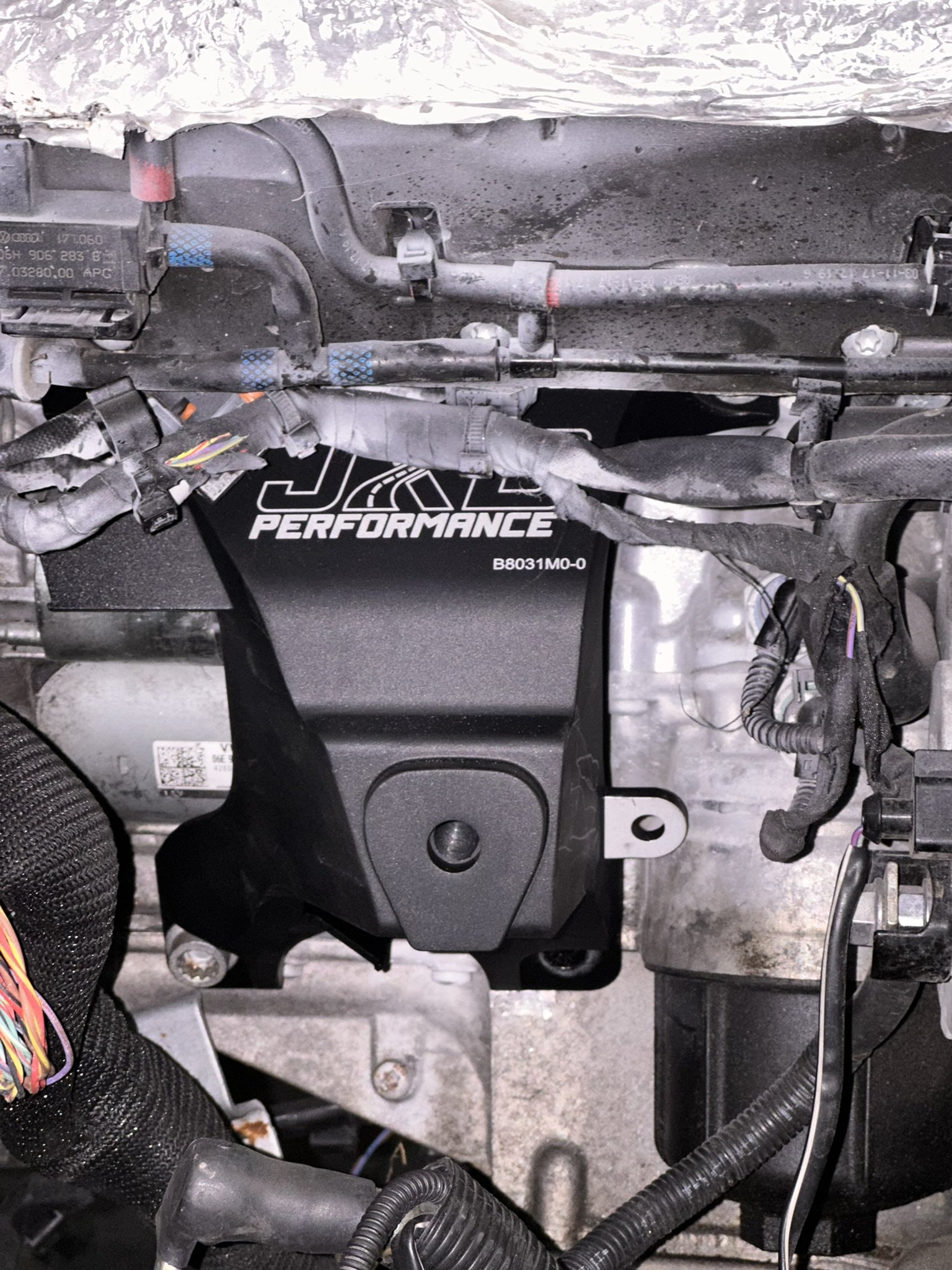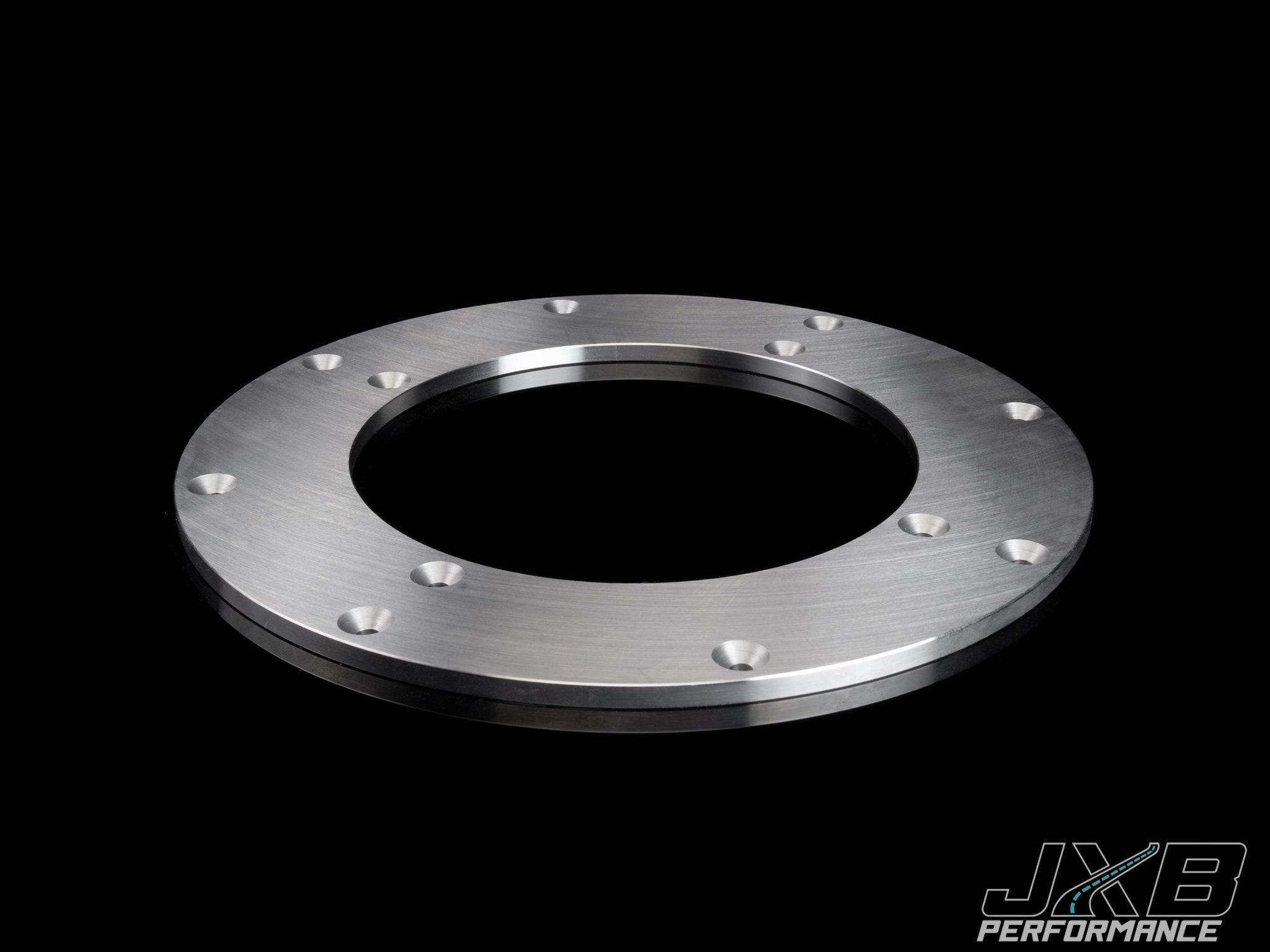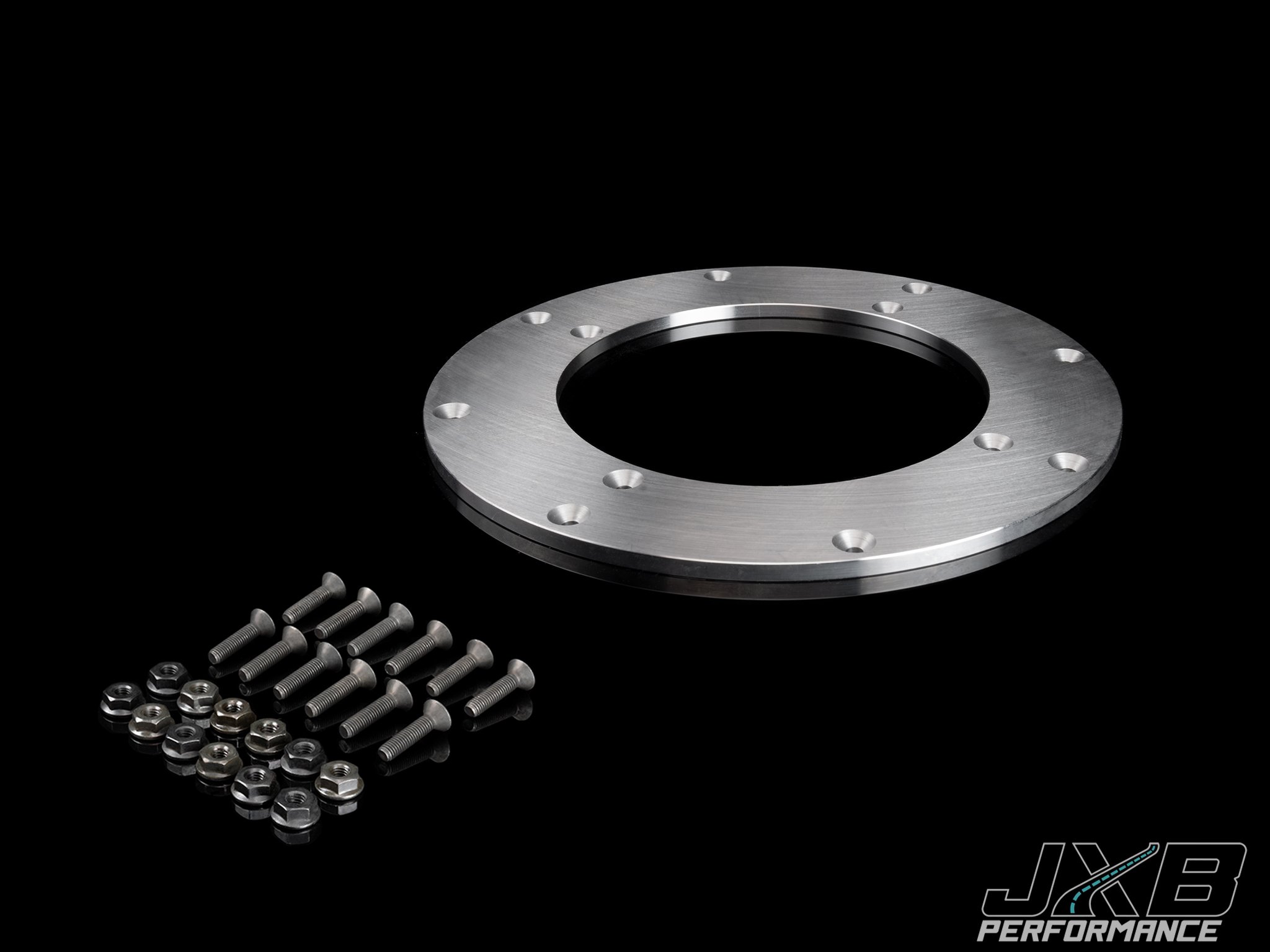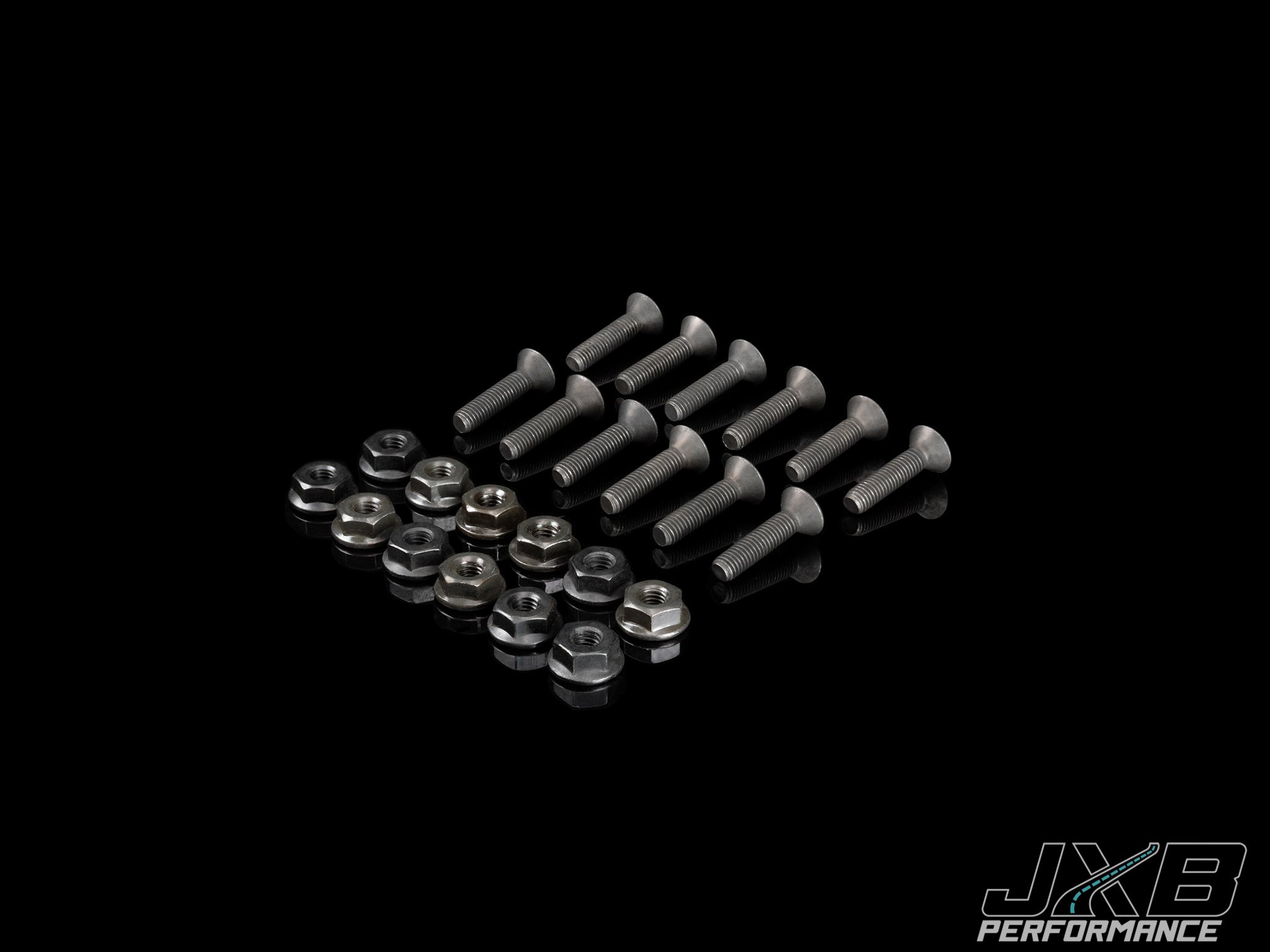Audi B8/8.5 Adjustable Metal Extended Slave Cylinder (SLV01A0)
IN STOCK. SHIPS SAME-DAY IF ORDERED BEFORE 12PM CST M-F.
THE solution to the B8/8.5 Push Clutch to Start issue
Comes with 3 different rods (stock, extended, very extended) to work with any car/clutch
We highly recommend the use of a pressure bleeder for installation.
IN STOCK. SHIPS SAME-DAY IF ORDERED BEFORE 12PM CST M-F.
THE solution to the B8/8.5 Push Clutch to Start issue
Comes with 3 different rods (stock, extended, very extended) to work with any car/clutch
We highly recommend the use of a pressure bleeder for installation.
IN STOCK. SHIPS SAME-DAY IF ORDERED BEFORE 12PM CST M-F.
THE solution to the B8/8.5 Push Clutch to Start issue
Comes with 3 different rods (stock, extended, very extended) to work with any car/clutch
We highly recommend the use of a pressure bleeder for installation.
Quite simply, if you try to start the car and get the message “Press Clutch Pedal to Start Engine” when the clutch pedal is already pressed, you have the Push to Start Issue.
If you have to push the clutch to the floor and then apply a little to a lot more pressure, you have the Push to Start Issue.
Reasons it occurs:
Your pressure plate’s SAC (self adjusting clutch) mechanism is failing (but your clutch is still fine)
You just installed an aftermarket clutch with different geometry
You just installed the “upgraded” metal slave, which you can no longer compress to get the car to start
You just installed a stainless slave line, which no longer swells under pressure
You don’t have the push to start issue if:
You accidentally knocked loose the master cylinder hall effect sensor or reinstalled it incorrectly after putting in a stainless slave line. Go in there with a screwdriver and push hard to pop it the rest of the way into its seat.
To understand how the extended slave works, first we must understand what causes the Push to Start issue. The clutch position sensor is a hall effect sensor in the end of the master cylinder. A hall effect sensor measures the magnitude of a magnetic field to tell when two objects are a certain distance apart. In our case, it’s measuring when the master cylinder piston is sufficiently pushed in to guarantee the clutch is disengaged. Under normal circumstances, this trigger happens just before the clutch pedal reaches its mechanical end stop.
When the Push to Start issue manifests, something is blocking the clutch pedal from reaching its mechanical end stop and the hall effect sensor from reaching its trigger point.
This something is the end stop of the slave cylinder. The slave cylinder is a self-adjusting hydraulic cylinder. That means that when there is no hydraulic pressure (clutch pedal is at rest), it is free to move wherever it needs to maintain contact with the clutch fork. If you play with one while still hooked up to the car, you’ll find it has a moderate amount of outwards pressure, but can be compressed by hand. The purpose of this is so that the end of the slave cannot fall out of its seat in the clutch fork.
When you go to push the clutch pedal in, the position of the slave travel becomes the starting point for the travel of the system. If that starting point is too far out in the slave travel, the slave will run into its end stop before the clutch pedal has hit the floor and the hall effect sensor is triggered. You may notice if you jam the pedal into the floor you’ll get the car to start. This is because you’re squashing the plastic end stop on the slave. Do it too hard or too many times and it will break, leaving you stranded.
By making the slave cylinder longer, we can compensate to make it start farther back in its travel, giving more total travel from the starting point. This solves the Push to Start issue.
So…what causes the starting point to be too far out? A number of things:
A new aftermarket clutch with slightly different geometry than OEM. Many clutches come with special throw-out bearings that compensate for the difference in clutch finger protrusion from the body. If the calculations are just a bit off, it can cause the clutch fork to start farther away from the slave.
An aging OEM or aftermarket clutch. Most pressure plates come with SAC (self-adjusting clutch) mechanisms, which are designed to compensate for lost clutch material by slowly expanding as needed. Unfortunately, it doesn’t always work right, and the mechanism can overcompensate, changing the position of the diaphram springs, and again causing the clutch fork to start farther from the slave. Here’s a video that shows how an SAC mechanism works:
Installing a new slave cylinder. If you previously had a plastic slave and went to the “upgraded” metal slave, and you had a mild case of the Push to Start issue before, you may find that the new metal slave is incompressible. Jamming on the pedal doesn’t work anymore since the body won’t flex enough to give you that last little bit of travel. In some cases, just switching from one brand of slave to another can cause the issue, since they may have slightly different geometries.
Installing a stainless clutch line. The stainless lines have a little less flex and expansion in them than the OEM line. Much like switching to a metal-bodied slave, sometimes this can push the system over the edge. More often than not though, if you just did a stainless line and your car isn’t starting at all now, it’s likely you dislodged and didn’t get the clutch position sensor seated correctly in the master cylinder. You can reach it from the top with a long screwdriver. Apply a fair amount of pressure to get it seated all the way.
Audi B8/8.5 A4/S4/RS4/A5/S5/RS5 with 6MT



